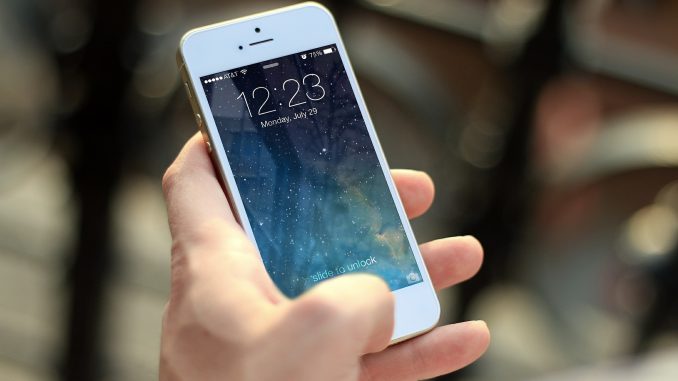
In a shock revelation it turns out that Apple have been slowing down the functionality of older iPhones by ageing their batteries faster than normal phones. The multi-billionaire US firm finally admitted to introducing this feature. It’s been said to affect the iPhone 6, 6S, 7 and SE. They kept this feature secret without the consent of any of its users and this is where the problem has arisen.
The Topic Of Planned Obsolescence
Apple wouldn’t be the first company to use planned obsolescence to keep their customers coming back. We frequently see this in cases with electronic items. More commonly seen in items such as television sets, microwaves, washing machines and tumble dryers. The idea has been around almost since the invention of these items, so should we really be surprised that Apple are now benefitting from this age old hack? Planned obsolescence also known as built-in obsolescence, if a factor in electrical design that gives the final product a so-called artificial life span.
What Do Apple Have To Say?
In an official statement from Apple featured on their website they said, and we quote “We’ve been hearing feedback from our customers about the way we handle performance for iPhones with older batteries and how we have communicated that process. We know that some of you feel Apple has let you down. We apologize. There’s been a lot of misunderstanding about this issue, so we would like to clarify and let you know about some changes we’re making. First and foremost, we have never – and would never – do anything to intentionally shorten the life of any Apple product, or degrade the user experience to drive customer upgrades. Our goal has always been to create products that our customers love, and making iPhones last as long as possible is an important part of that.”
Their statement comes after all of this information was confirmed as true and the speculation and theories that had been building up were finally put to rest. The firm Primate Labs completed an analysis of performance data which only confirmed the artificial inhibition of the battery power in the older model iPhones. Apple cannot back away from this so we need to know what plans to be done in the future.
What Will Happen Next?
In light of these speculations being confirmed as true, Apple have announced a new reduction policy in their battery replacement service. This will bring the cost down from $79 to $29 in order to show their goodwill and appease their customers. They’re also offering an iOS software update to address the iPhone battery health in early 2018. So, will this affect you? Are they doing enough to combat their errors?


Leave a Reply